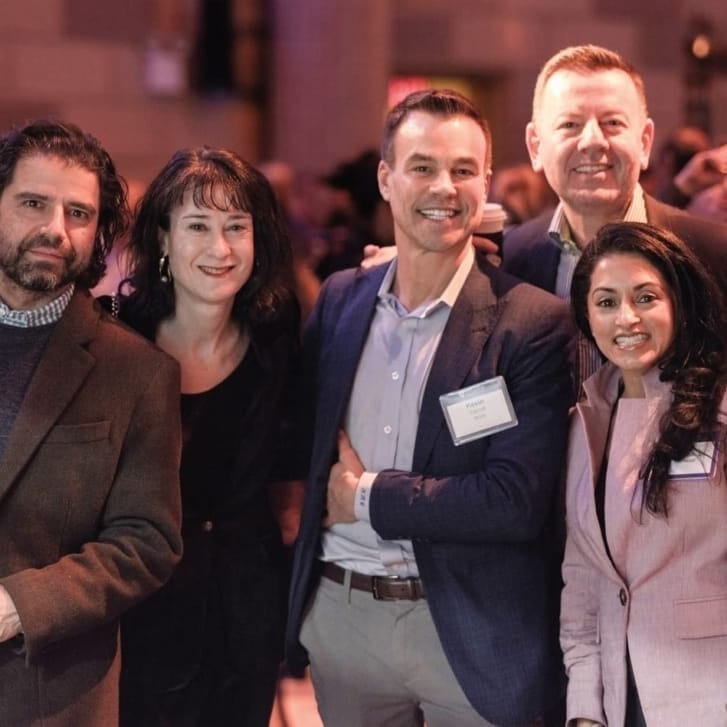“Companies are discovering that to win the best talent, they must cater to a young work force that is considered overly sensitive at best and lazy at worst… These youngsters are starting to use their bargaining power to get more of what they feel is coming to them. They want flexibility, access to decision-making and a return to the sacredness of work-free weekends… Most of all, young people want constant feedback from supervisors… this generation refuses to pay its dues.”
Does this sound like a familiar refrain from a manager struggling to connect with millennial team members? Would it surprise you to learn that this quote was from a Time article in 2001, not 2015? In other words, this was how Baby Boomer managers described Gen-Xers as they started to enter the workforce. Communication gaps between generations in the workplace are not new or unique to this newest generation of workers.
Here are five ways that today’s managers can better connect with the millennials on our teams.

The TARDIS time machine from the legendary science fiction series Dr. Who
1. Take a Time Machine to Your Youth:
Your millennial team members probably have more in common with your younger self than your present self. You can get insights into them by looking back on yourself at that age. What were you like at work in your 20s and early 30s? What motivated or excited you? What frustrated, bored or scared you? How did work fit in your overall life? What did you want to be when you grew up? What did you wish your boss did differently? What important lessons had you not learned yet?
The answers to those questions might give you some insights into how to connect with your younger team members in a more effective way.
2. Structure Their Hacking:
Millennials have grown up with disruptive innovations like Google, streaming media and Uber. They look for similar “hacks” at work that can radically improve how things are done. That can be frustrating to managers who feel they spend more time debating than directing their millennial team members.
Smart managers learn how to channel that creative hacking energy into better results. Managers should clearly define problems and goals but give Millennials flexibility to figure out how to get the work done. Formats like “hackathons” can also be a good way to focus people across your organization on the same problem and insert competition to choose the best answer. Millennials may not do things exactly the way you learned to do things, but if you give them focus and freedom, you might be pleasantly surprised with the results and insights. If nothing else, they should feel more ownership of the results if they were able to do it their own way.
3. Teach by Learning:
With your decades of experience, you have a lot of knowledge that can be helpful to your millennial team members. Millennials, however, are often criticized as being hard to teach because they think they already know everything important since they grew up in the Internet age.
In fact, they do have a lot they can teach you. Trading places in the teacher-student relationship can be one way to break the ice and open them up to learning things from you. For example, if you find them pushing back on your request for a PowerPoint presentation for an upcoming meeting, ask them what they would suggest as an alternative. Maybe they will teach you how to use a PowerPoint-alternative like Prezi. By demonstrating your own willingness to learn, you will be leading by example and starting a new dialogue with them.
4. Be Authentic:
When you watch television ads targeted at millennials, you notice that authenticity, even when delivered sarcastically, is king. Take Hotels.com “Captain Obvious” as an example. Because they have grown up with so much information at hand, they demand the real story on things and tune out marketing fluff.
So when you are delivering news or explaining why you need something done, stop pushing the company line about why things are going on. Be honest with them, and they will appreciate the authenticity. Maybe they will even stop tuning you out.
5. Take a Time Machine to the Future:
Provide your millennial team members with career coaching by asking them what they want to be when they are your age. Or ask them if they would like to get promoted to your job someday. Use your own career experience to give them a sense of what to expect on their journey along the way. For example, give them a perspective of how investments they make now in things like building a track record of results on their resume, nurturing their network of relationships and getting more education will pay off later. Also give them a sense of how changes in their life outside of work, like marriage and children, will impact their work-life balance.
Yes, millennials can be a challenge to work with. They know a lot, are willing to challenge the status quo and are hard to keep interested. But by rising to the challenges Millennials present, you will be making yourself and your organization stronger. Besides, every day, your customer base is probably becoming more and more millennial, so you need to keep up with them anyway.
Editor’s note: The original version of this post appeared on LinkedIn on Dec. 18, 2015.


























